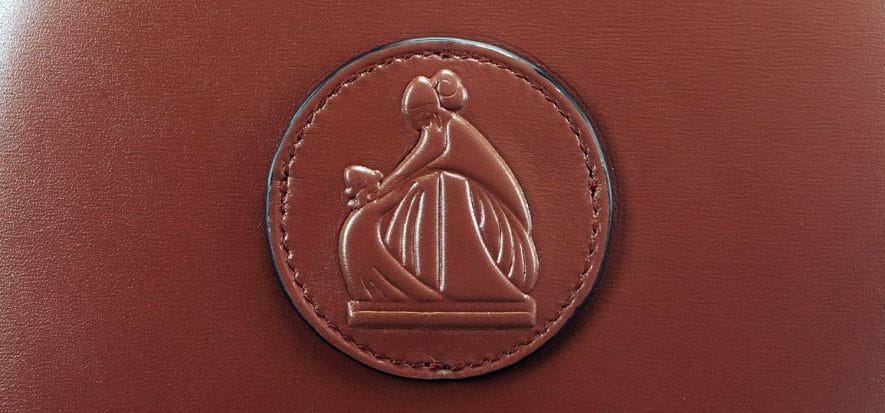Is Fosun the Chinese alternative to the French luxury conglomerates? The Chinese group doesn’t want to speak of competing with Kering and LVMH: “Fosun is not looking to compare itself to them or their market position. We have been on the market for three years and are still very young”, commented Joann Cheng, president of Fosun Fashion Group (FFG) to Fashion Network. Meanwhile though, the group continues to grow and is ready for new acquisitions.
No talk of competing with Kering and LVMH
“We have much respect for Kering and LVMH. Fosun isn’t looking to compete with them or their market position – states Cheng -. Our main driver for growth consists in the internal markets of the brands we own by playing on their heritage. But we also have another driver to leverage for growth: China’s marketplace, which has an exponential potential. We would like to develop a strong digital presence for our brands, specifically by offering online viewings of our fashion shows”.
Fosun’s path
Founded in 1992 by 5 graduates of Fudan’s University, Fosun became a group listed on the Hong Kong Stock Exchange in 2007. The group’s revenue in 2018 was of 14.07 billion euro, with 1.72 billion euro in net profits. Fosun owns football team Wolverhampton, more than 90% of all Club Med locations, circa 18% of Tsingtao (beer) and a number of skyscrapers in Manhattan. Fosun is also the owner of a few buildings in Italy, such as Unicredit’s old Italian HQ in Piazza Cordusio, Milan: building called “The Medelan” which is currently undergoing renovations.
Fashion
Fosun created the Fosun Fashion Group in 2018, after having paid 100 million euro to take ownership of Lanvin. Beside from the prestigious French brand, Fosun also owns WolFord, high-end lingerie and apparel for women. And more, it is also the majority shareholder of Caruso, Italian premium brand for men, St. John Knits (textiles) and German retailer Tom Tailor. “We choose brands with specific DNAs. All our brands are unique – says Cheng to Fashion Nework -. We want to help them develop in their own country and on China’s marketplace, given that their business in China is currently of little significance. We don’t manage brands the same way investors do. We operate like a real company would, with long term vision.
Read also:
- Lanvin starts from the accessories: but it takes time, explains the CEO
- Fosun seeks partners for Lanvin management: 100 million dollars in the pot
- Lanvin gives a turbo to its accessories: they will be worth 50% of the revenue in three years










